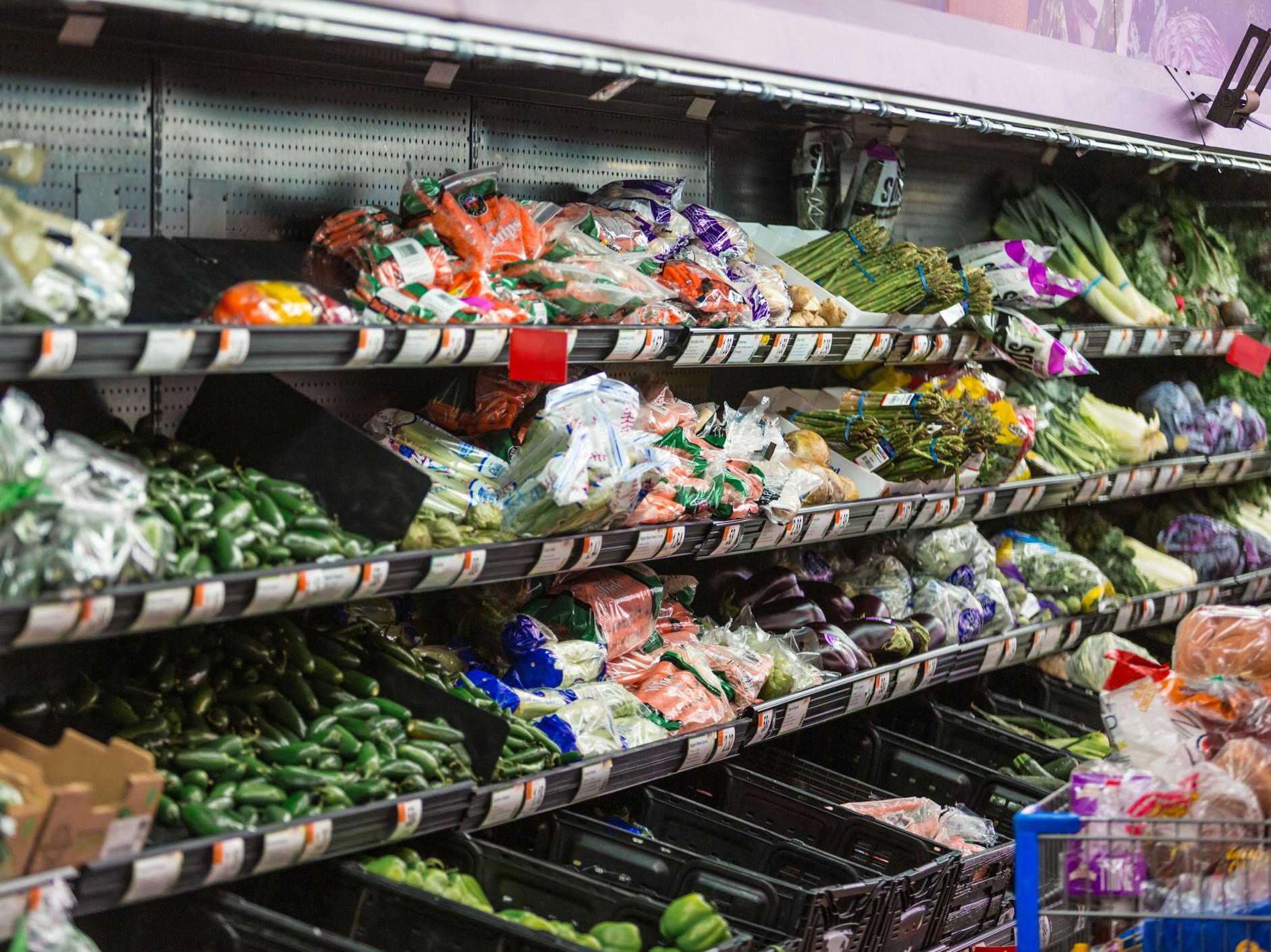How would a no-deal Brexit affect domestic-focused UK firms?
Analysis: We’ve heard a lot about the likely effects for exporters and manufacturers. But what about the impact on firms that only sell in the UK? Ben Chu looks at the possible consequences


The Brexit media spotlight has, for understandable reasons, tended to shine on exporting firms and major manufacturers with just-in-time supply chains, such as Nissan.
These businesses are clearly at severe risk from the impact of a no-deal Brexit because they would suddenly face EU tariffs or import delivery problems that could shatter their ability to function.
But what about UK firms that don’t export or manufacture? What about those companies that simply serve the domestic market? What about smaller companies? What might the impact on them be?
The answer is (as so often): it depends. If these firms rely on imports for their stock they too are severely exposed to any problems at the border. Think of supermarkets and grocers. They may sell only to British-based customers, but around 30 per cent of our food is imported from the European Union.
Retailers that source “fast-fashion” clothing items from developing countries could also be adversely affected. That applies as much to small independent shops as it does to department stores.
The impact on domestic manufacturers that mainly sell in the UK will depend on the share of the raw materials they import.
Another likely problem for these domestic-focused importers is the pound. Most analysts expect a no-deal Brexit to result in another major fall in the value of sterling versus other currencies.
This would push up their import costs. Some may have taken out hedges against such currency volatility. But those that haven’t will find their costs rise sharply. Smaller firms, in particular, are much less likely to have hedging protection.
Liam Fox, the trade secretary, has this week floated the idea of the government abolishing all import tariffs entirely in a no-deal scenario. This could (notwithstanding delivery delays) mean a surge in the availability of cheap manufactured or produce imports from around the world. Even firms that only serve the UK domestic market and don’t import at all could struggle to cope with this sudden burst of cheaper competition.
Another factor for domestic-focused firms to consider is the macroeconomic impact of no deal. If this inflicts a severe shock to the overall UK economy – resulting in lower consumer spending and a slump in investment spending by firms – that would probably hit the sales of most domestic firms, regardless of any border or tariff issues. If a no-deal Brexit harms the financial sector, domestic firms may find it harder to access bank borrowing.
These firms could also be hit by a shortage of workers if a no-deal scenario results in an exodus of EU workers. Almost a tenth of workers in the construction sector – 200,000 – are EU-born. In retail, hotels and restaurants the share is 25 per cent.
The important thing to remember about the UK economy is that everything is connected – no firm, whatever its main market, is an island.
Got an unanswered question about Brexit? Send it to editor@independent.co.uk and we’ll do our best to supply an answer in our Brexit Explained series
Join our commenting forum
Join thought-provoking conversations, follow other Independent readers and see their replies
0Comments